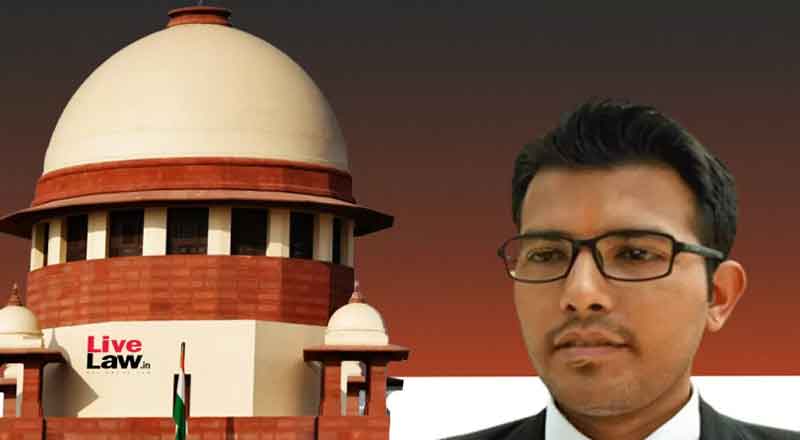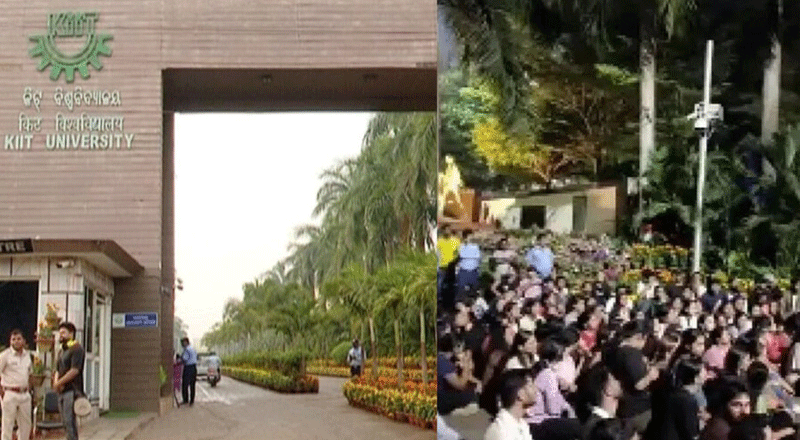The Supreme Court of India has closed proceedings against Karnataka High Court Judge Justice Vedavyasachar Srishananda following his public apology for controversial remarks made during court sessions. The decision, announced by Chief Justice of India (CJI) DY Chandrachud, was taken in the interest of justice and the dignity of the judiciary.
Controversial Comments Spark Outrage
The controversy arose when Justice Srishananda, during a landlord-tenant dispute, referred to a Muslim-majority area in Bengaluru as “Pakistan” and made a misogynistic remark directed at a woman lawyer. These comments, which quickly went viral on social media, led to widespread criticism and prompted the Supreme Court to take suo motu cognizance of the matter.
Chief Justice Chandrachud, who led a five-judge bench including Justices S Khanna, B R Gavai, S Kant, and H Roy, emphasized that such remarks are fundamentally against the territorial integrity of India. “No one can call any part of the territory of India as ‘Pakistan,'” CJI Chandrachud stated, underscoring the gravity of the judge’s comments.
Supreme Court’s Response and Judicial Decorum
The Supreme Court’s decision to intervene was driven by the need to uphold the decorum expected from courts of law, especially in an era where social media plays an active role in monitoring and amplifying courtroom proceedings. The bench highlighted the importance of judges being cautious with their language, particularly when their comments could be perceived as biased or prejudiced.
“Casual observations may indicate personal biases, especially when perceived to be directed at a certain gender or community,” CJI Chandrachud noted. He expressed serious concern about the potential for such comments to be construed negatively and emphasized the responsibility of all judicial stakeholders to discharge their duties without bias and with the utmost caution.
Public Apology and Closure of Proceedings
In response to the widespread criticism, Justice Srishananda issued a public apology, acknowledging the inappropriateness of his remarks. The Supreme Court, taking into account his apology and the broader implications for judicial integrity, decided to close the proceedings against him.
CJI Chandrachud concluded by stating that the answer to judicial misconduct is not to suppress it but to address it openly. “The answer to sunlight is more sunlight and not to suppress what happens in court,” he said, reinforcing the need for transparency and accountability in the judiciary.
This case serves as a reminder of the high standards of conduct expected from members of the judiciary and the importance of maintaining public trust in the legal system. The Supreme Court’s intervention underscores its commitment to ensuring that the judiciary remains impartial, respectful, and aligned with the values of justice and equality.
(With inputs from agencies)





